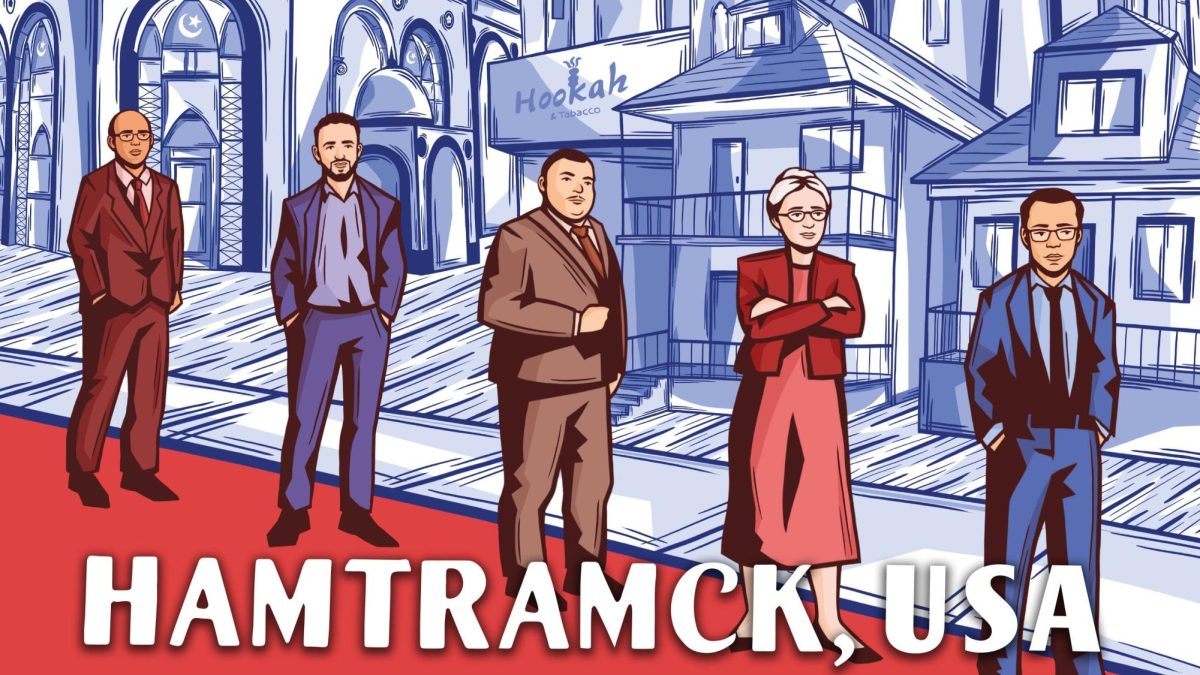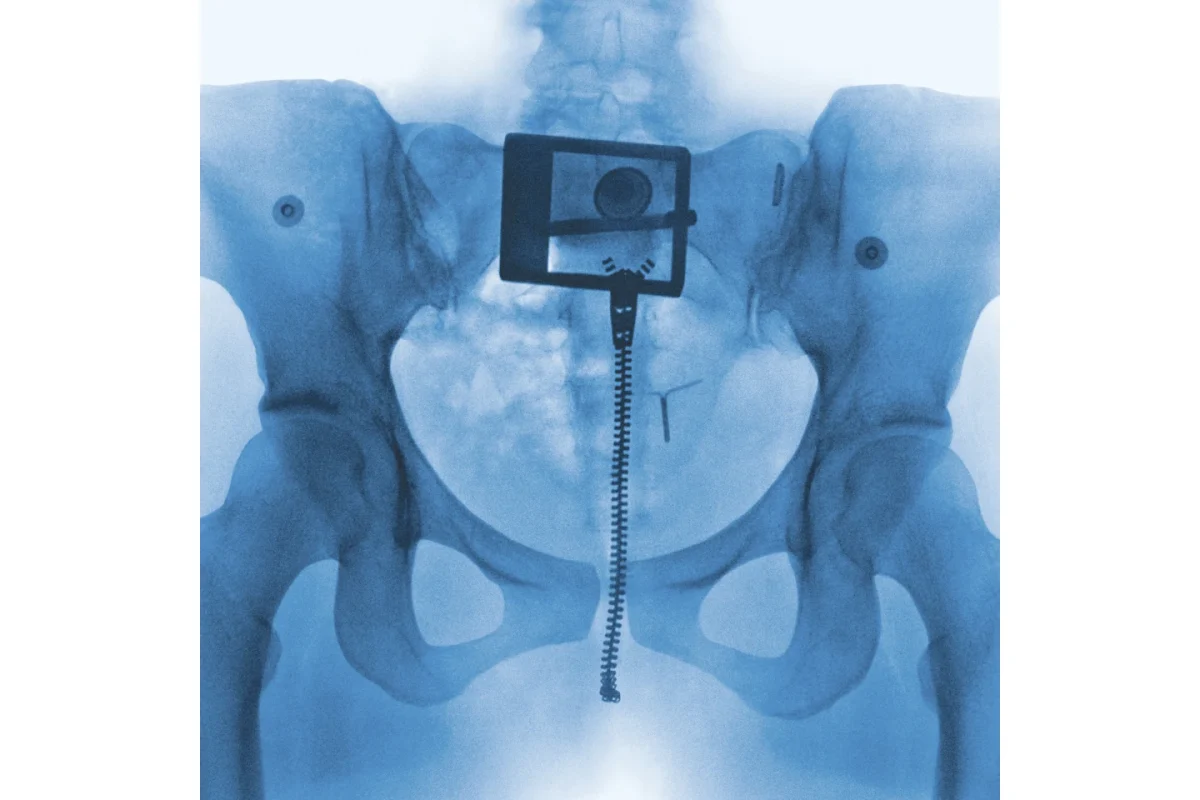On Wednesday, Nov. 8, “Hamtramck, USA” was screened for Oakland University students in Wilson Hall — with the addition of a Q&A panel at the end of the documentary.
There is a long history rooted in Hamtramck, Michigan, especially one of Polish Catholic heritage and culture. But between then and now, the city has transformed, and it is important to talk about it.
Hamtramck made history by becoming the first Muslim-majority city in the United States in 2013. The city, founded in 1798, has a whopping 60% Muslim population — comprised primarily of those from Yemen, Bangladesh and Pakistan.
The Polish background of the city dates back to the early 1900s, and nearly 75% of the people who lived in Hamtramck at that time were Polish or of Polish descent. By the 1930s, that number rose to about 83%.
And while the city seems to be just that, a city, co-directors Justin Feltman and Razi Jafri found more to it than that.
“Most people don’t think that their lives are that interesting… and so we had kind of a range of reactions. A lot of people were surprised. A lot of people didn’t think they had anything that interesting to tell,” Jafri said during the panel discussion for the film.
The documentary explores more about the city than just what is known about it from outsiders, but instead digs deeper into the actual community and uses an election to understand how the city interacts with one another fully.
“I know that this is a powerful media that’s used to express ideas. I want to be involved in the discourse on not only how Muslims are portrayed, but how other communities are also portrayed,” Jafri continued during the panel.
The film follows Hamtramck’s first female mayor, Karen Majewski, community activist Kamal Rahman, council member Mohammad Hassan and youngest candidate, Fadel Al-Marsoumi, as they fight for spots within the city’s local government.
With the election of 2017, the title of mayor of the city was up for grabs, but former mayor Majewski wanted to defend it. Council member Hassan was her main competitor. The votes were split, and the campaign was hard for Majewski, as she was going up against a Muslim candidate in a predominantly Muslim city.
The documentary primarily follows politicians but also ensures time is spent on the people of Hamtramck and the day-to-day lives of voters. It paints a picture of the city for those who haven’t yet visited — and an inspiring one.
The film had an important message to send out and succeeded.
“I think a lot of coverage seems to project whatever they want onto Hamtramck. A lot of writing we read would claim that ‘it’s a clash of civilizations,’ ‘a multicultural future vs. the white old guard,’ and others would just straight up use the city to spread Islamophobic and anti-immigrant sentiments,” co-director Feltman said in an interview with Film Inquiry.
At a time of high tension between the Muslim community and the Polish community, this film extends an olive branch between the two and instead leaves the audience with hope. Hope for the future, hope for its politicians and hope for the city.









